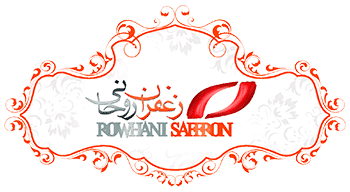Anxious and depressed saffron
Saffron is considered as a valuable herb and compatible canvas in the Khorasan region and is one of the most important exports of agricultural products in the country.
Iran is the largest saffron producer in the world, and due to its climate diversity, many of its horticultural and crop products, including saffron, are of great quality.
Over the past 10 years, Iranian saffron production has grown significantly, with a large portion of these products being exported. But the therapeutic properties of saffron have attracted researchers in recent years.
Mehdi Ebrahimi, a member of the Medicinal Herbs Research Center of the South Khorasan University Jihad, said: Cardiovascular disorders now account for about 17 million people as the main cause of annual mortality.
“Recent studies have shown that diet rich in antioxidants is associated with a lower risk of cardiovascular disease,” he added.
Saffron is known as a potent antioxidant, which in many cases has been emphasized on their ability to protect the heart, said a member of the Medicinal Herbs Research Center at the University of South Khorasan Jihad.
Ebrahimi states that saffron and its compounds also have the ability to protect the liver, said: According to the experiments, saffron extract has anti-anxiety effects and it can be relaxed.
He continued: Saffron and its compounds have several properties, including anti-cancer activity, cardiac protection, neuroprotective and many others.
A member of the Medicinal Herbs Research Center at the University of South Khorasan Jihad, said: Most of these properties may be related to the antioxidant activity of aphrocothenoids constituting saffron.
Ebrahimi said: The repressive effects of saffron are partly related to the anti-inflammatory properties of crocin in suppressing certain cytokines and inducible inflammatory enzymes.
He added: “At the moment, determining the appropriate concentrations of saffron apocarotenoids that do not result in toxicity should also be placed on the agenda of the researchers.
A member of the Khorasan Southern Jihad Research Plant Herbarium also noted that toxicological studies on saffron are not sufficient and more efforts should be made in this regard.







Get Social